New gene therapy breakthrough from the University of Hawai’i offers safer, efficient treatments for genetic disorders like Hemophilia.
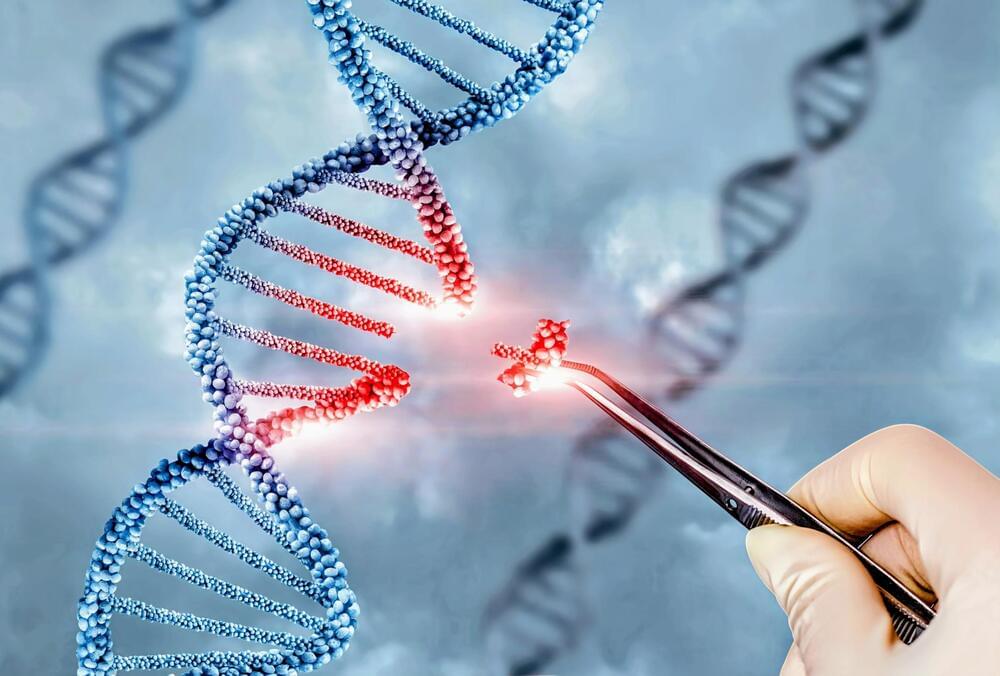

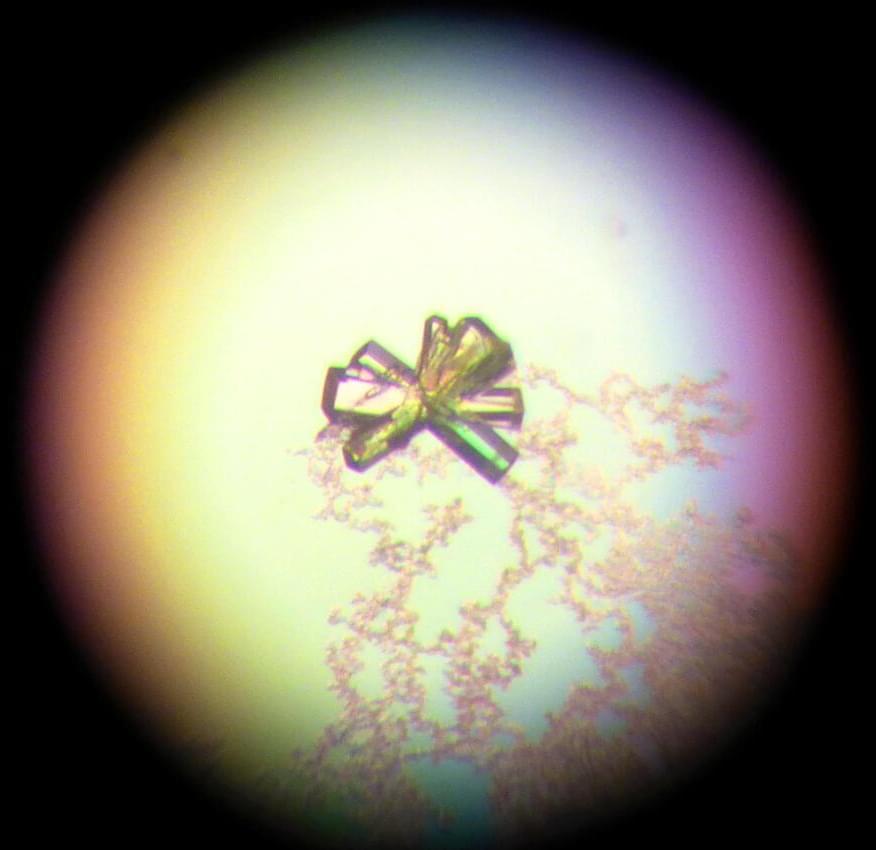
The crystal structure the scientists developed can enable computational-based drug discovery to be used to target the i-motifs from the insulin gene, because when scientists know the specific 3D shape, they can design molecules digitally and model them to see whether they will fit.
Scientists can then develop new drugs using particular chemicals when they know which ones will fit the drug target best—a process called rational design.
As the first crystal structure of this type, the researchers say it will also be useful as a model for other targets in the genome, besides the insulin gene, which form this shape of DNA.
This is another episode in our series on the great figures in developmental bioelectricity. We interview (~1 hour) Mustafa Djamgoz, who has made pivotal discoveries about the role of bioelectricity in the problem of cancer and its eventual solution.
Mustafa’s book: / beat-cancer.

Summary: A new gene therapy has restored vision in patients with Leber congenital amaurosis type I (LCA1), a rare genetic condition causing blindness. In a small trial, those receiving the highest dose saw up to a 10,000-fold improvement in light sensitivity and significant gains in reading and navigation abilities.
The therapy, developed by researchers, uses a virus-based system to deliver a functioning gene into the retina’s light-sensitive cells. The results show promise for expanding this treatment, with further trials planned to confirm safety and efficacy.
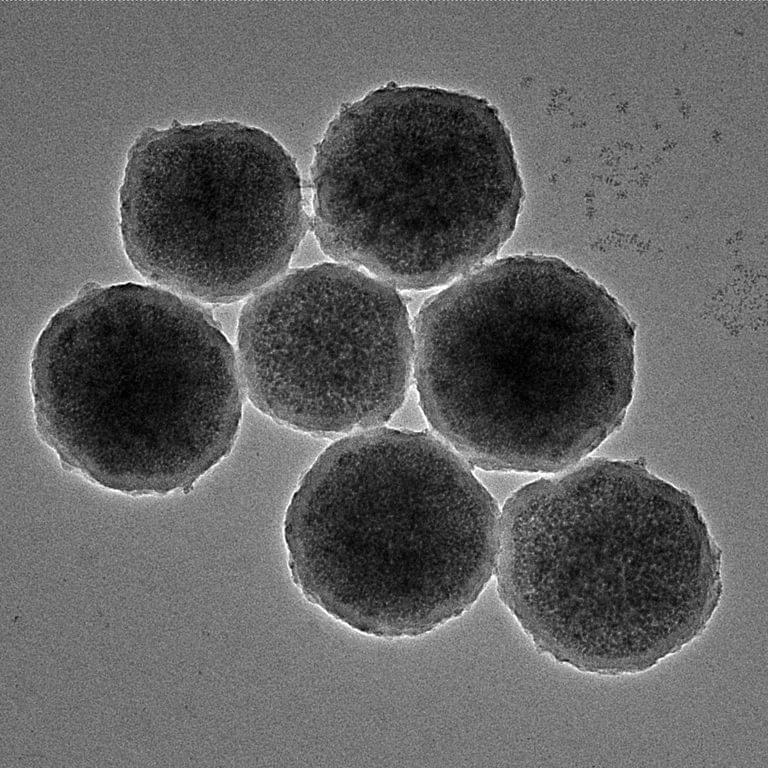
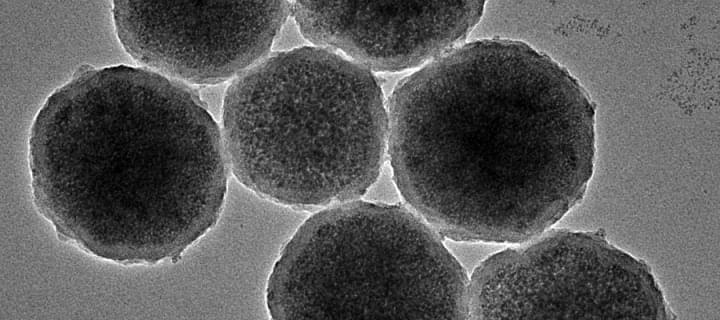
The development could enable precise, relatively low-risk treatment of brain aneurysms, which cause around 500,000 deaths globally each year. The medical condition – a blood-filled bulge on a brain artery that can rupture and cause fatal bleeds – can also lead to stroke and disability.
The study points to a future where tiny robots could be remotely controlled to carry out complex tasks inside the human body – such as targeted drug delivery and organ repair – in a minimally invasive way, researchers say.

Researchers have developed a new way to see organs within a body by rendering overlying tissues transparent to visible light. The counterintuitive process—a topical application of food-safe dye—was reversible in tests with animal subjects, and may ultimately apply to a wide range of medical diagnostics, from locating injuries to monitoring digestive disorders to identifying cancers.
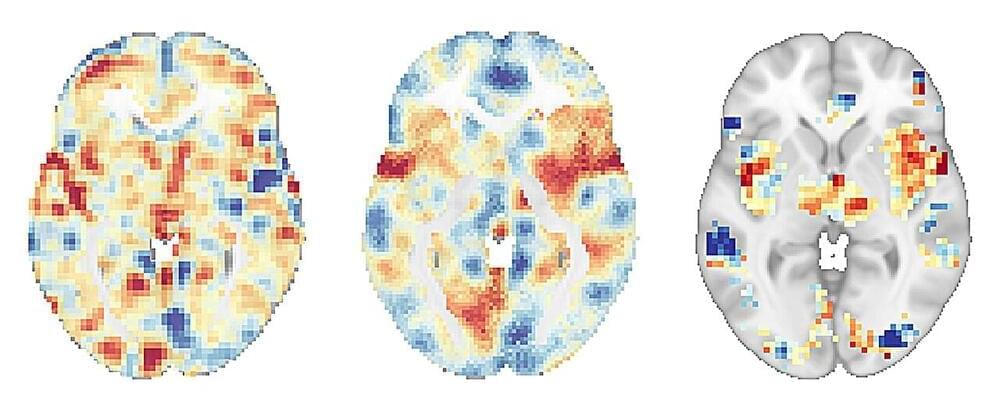
Pain is a complex, multifaceted experience shaped by various factors beyond physical sensation, such as a person’s mindset and their expectations of pain. The placebo effect, the tendency for a person’s symptoms to improve in response to inactive treatment, is a well-known example of how expectations can significantly alter a person’s experience. Mindfulness meditation, which has been used for pain management in various cultures for centuries, has long been thought to work by activating the placebo response. However, scientists have now shown that this is not the case.
A new study, published in Biological Psychiatry, has revealed that mindfulness meditation engages distinct brain mechanisms to reduce pain compared to those of the placebo response. The study, conducted by researchers at University of California San Diego School of Medicine, used advanced brain imaging techniques to compare the pain-reducing effects of mindfulness meditation, a placebo cream and a “sham” mindfulness meditation in healthy participants.
The study found that mindfulness meditation produced significant reductions in pain intensity and pain unpleasantness ratings, and also reduced brain activity patterns associated with pain and negative emotions. In contrast, the placebo cream only reduced the brain activity pattern associated with the placebo effect, without affecting the person’s underlying experience of pain.
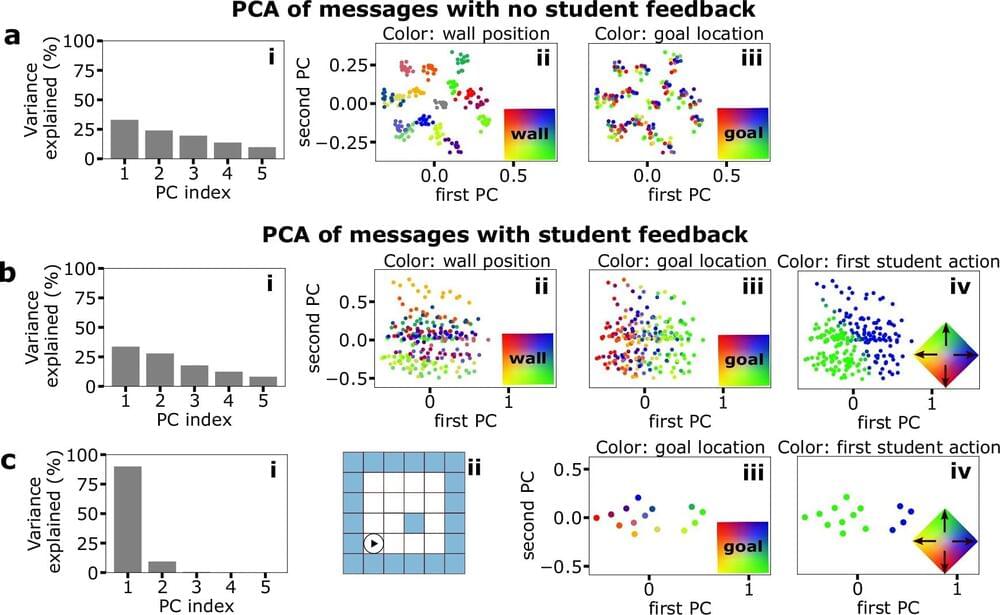
Across all species, critical skills are passed on from parents to offspring through communication. Researchers at the University Hospital Bonn (UKB) and the Researchers at the University of Bonn showed that effective communication relies on how both the sender and receiver represent information. Their study reveals how this process underlies training efficacy and task performance. Their results have been published in the journal Nature Communications.
Communication—be it through sounds, smells or movements—is crucial for survival. Its social aspect is fundamental to cognition, as our task descriptions in the brain are shaped not only by sensory experiences, but also by the information communicated to us.
“We know from our everyday lives that social communication is essential to our learning abilities in the real world, which is summed up by the saying ‘teaching is learning for the second time,” says Prof. Tatjana Tchumatchenko, from the Institute of Experimental Epileptology and Cognition Research at the UKB and member of the Transdisciplinary Research Area (TRA) “Modelling” at the University of Bonn.